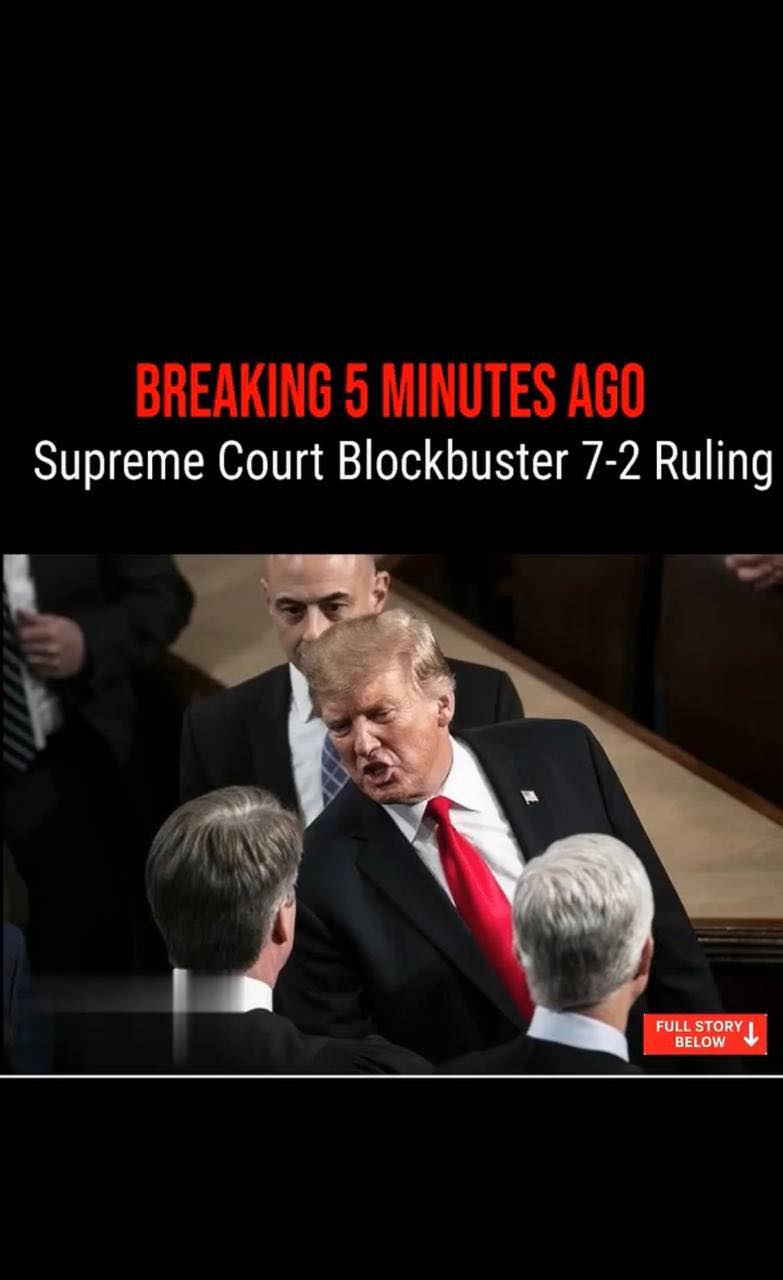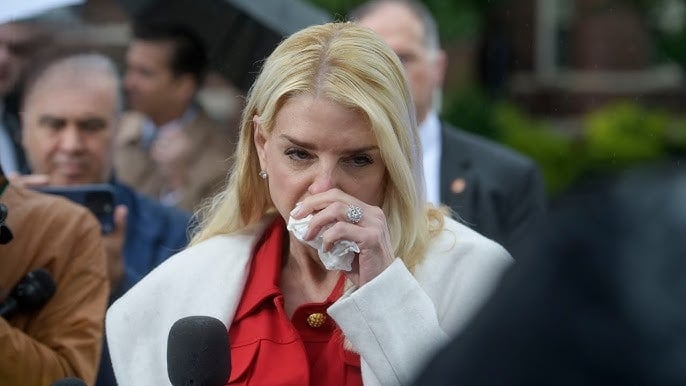This case illustrates the profound tension between executive power over immigration and the judiciary’s responsibility to enforce legal safeguards against torture and persecution. The Supreme Court’s clarification that its earlier stay applied “in full” effectively restored the federal government’s ability to carry out third-country removals for these eight men, overriding the district court’s attempt to require more rigorous protections before deportation to a dangerous destination.
The split among the justices underscores deep disagreement over both process and principle. While the conservative majority prioritized deference to the government’s foreign policy and national security claims, the dissent emphasized the concrete risk that these individuals could face torture or death in South Sudan. Beyond the immediate outcome, the dispute raises enduring questions about how far courts should go in checking rapid executive actions when human lives and international obligations are directly at stake.




